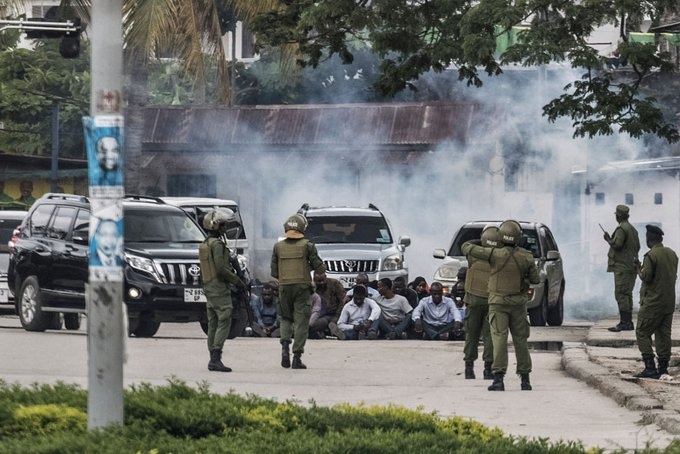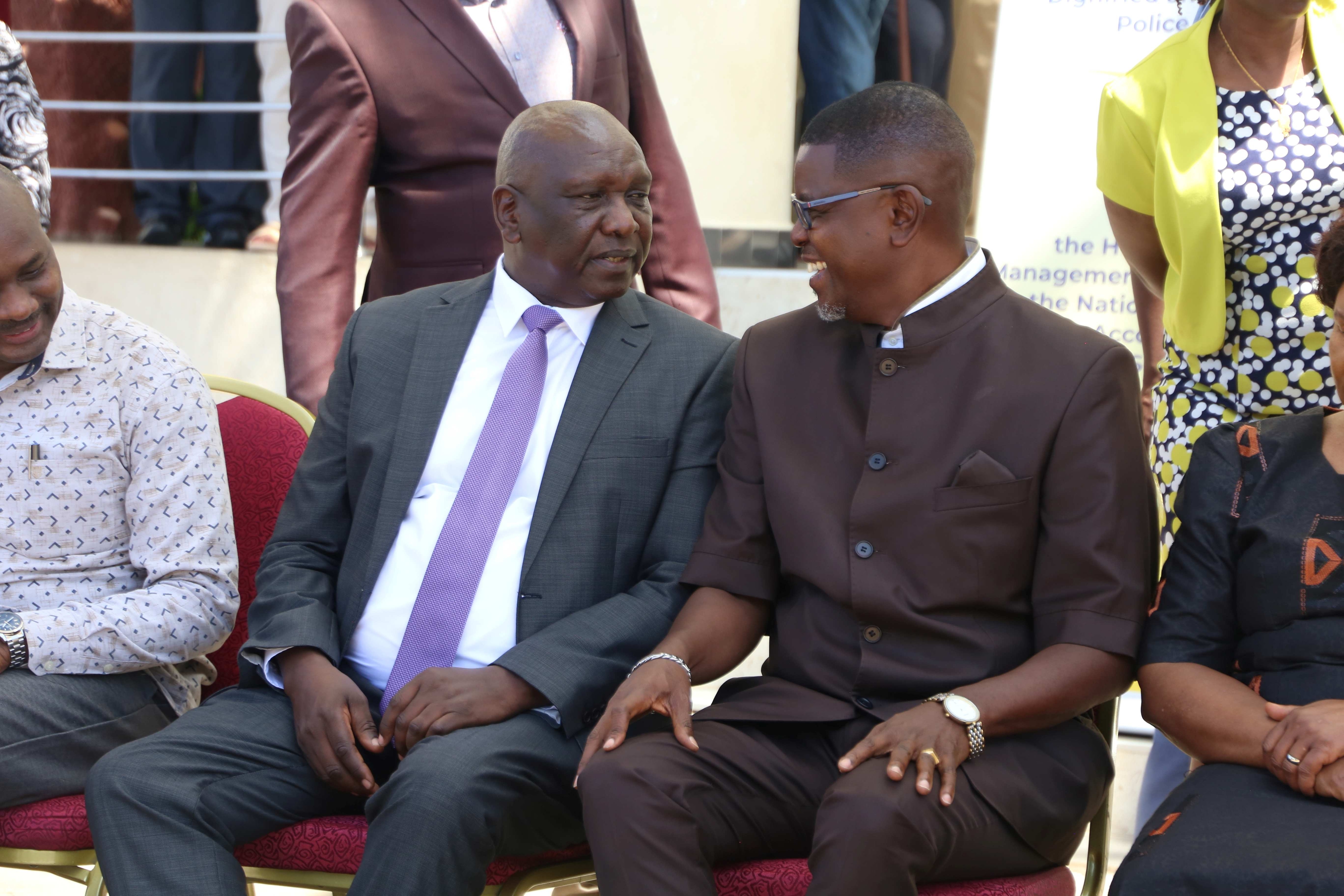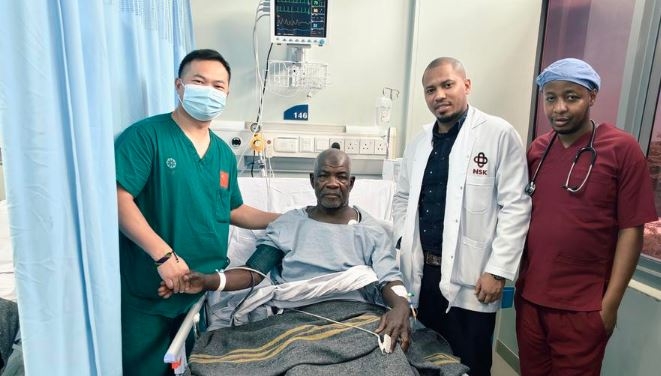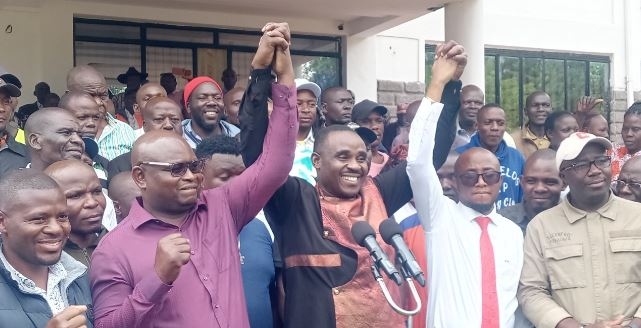Forty five elected governors will assume office on Thursday amid high expectations from Kenyans that they will live up to their election pledges and bring development.
The swearing-in ceremonies will take place simultaneously across 45 counties following the August 9 general elections and subsequent gazettement of the governors-elect by IEBC.
Section 12 (2) of the Assumption of the Office of Governor Act, 2019 stipulates that the oath or affirmation shall be administered not earlier than 10am and not later than 2pm.
“The swearing in of the county governor-elect shall be conducted in a public ceremony before a High Court judge,” the Act states.
Mombasa and Kakamega will elect their governors on August 29 after the IEBC postponed the polls due to a mix-up in candidates’ details on the ballot papers.
Of the 45 elected county chiefs, 11 retained their seats, 25 are new and seven are pioneer governors who are making a comeback after they lost their seats in the 2017 elections.
Kenyans will eagerly wait to see if the new crop of leaders will actualise their campaign promises to improve the lives of residents by implementing development projects.
They are waiting to see if the county chiefs will resolve the myriads of problems that have dogged the counties and denied them crucial services and development.
The governors are taking over counties that owe their suppliers and contractors in excess of Sh100 billion in cumulated pending bills.
This has crippled businesses in some of the devolved units. The suppliers now peg their hopes on the new county chiefs to pay them.
Some of the counties also owe billions to statutory bodies such as KRA, NSSF, NHIF, and pension schemes.
The county bosses will have to deal with the huge wage bill, graft and wanton wastage of public funds that have often eaten into the funds meant for development.
In most counties, residents have decried bad roads, water shortage, uncollected garbage, poor health facilities and traffic gridlocks.
At least three of the outgoing governors are battling graft cases.
Three other former county chiefs also facing similar charges.
The law provides that a governor shall serve for a maximum of two terms.
Among the governors who retained their seats and will be serving their second and last terms are Godhana Dhadho (Tana River), Joseph Ole Lenku (Kajiado), Mutahi Kahiga (Nyeri) and Anne Waiguru (Kirinyaga).
Others are Hillary Barchok (Bomet), Anyang’ Nyong’o (Kisumu), Amos Nyaribo (Nyamira), Mohammud Ali (Marsabit), Wilber Otichillo (Vihiga) and Muthomi Njuki (Tharaka Nithi).
Pioneer governors who recaptured their seats after losing them in 2017 are Kenneth Lusaka (Bungoma), Ahmed Abdullahi (Wajir), Benjamin Cheboi (Baringo) and Nathif Jama (Garissa).
Others are Simon Kachapin (West Pokot), Joshua Irungu (Laikipia) Julius Malombe (Kitui) and Issa Timamy (Lamu).
Those elected for the first time are Fatuma Achani (Kwale), Gideon Mung’aro (Kilifi), Andrew Mwadime (Taita Taveta), Mutula Kilonzo Jr (Makueni), Johnson Sakaja (Nairobi) and Patrick Ntutu (Narok).
Irungu Kangata (Murang’a), Kimani Wamatangi (Kiambu), Cecil Mbarire (Embu), Kawira Mwangaza (Meru), Kiarie Badilisha (Nyandarua) and Susan Kihika (Nakuru) also won the seat for the first time.
Others are Erick Mutai (Kericho), Jonathan Bii (Uasin Gishu), George Natembeya (Trans Nzoia), Jeremiah Lomurukai (Turkana), Jonathan Leleliit (Samburu), James Orengo (Siaya).
Also in the category are Simba Arati (Kisii), Ochilo Ayacko (Migori), Gladys Wanga (Homa Bay), Abdi Guyo (Isiolo), Mohamed Khalif (Mandera) and Paul Otuoma (Busia).
Edited by Kiilu Damaris
“WATCH: The latest videos from the Star”











